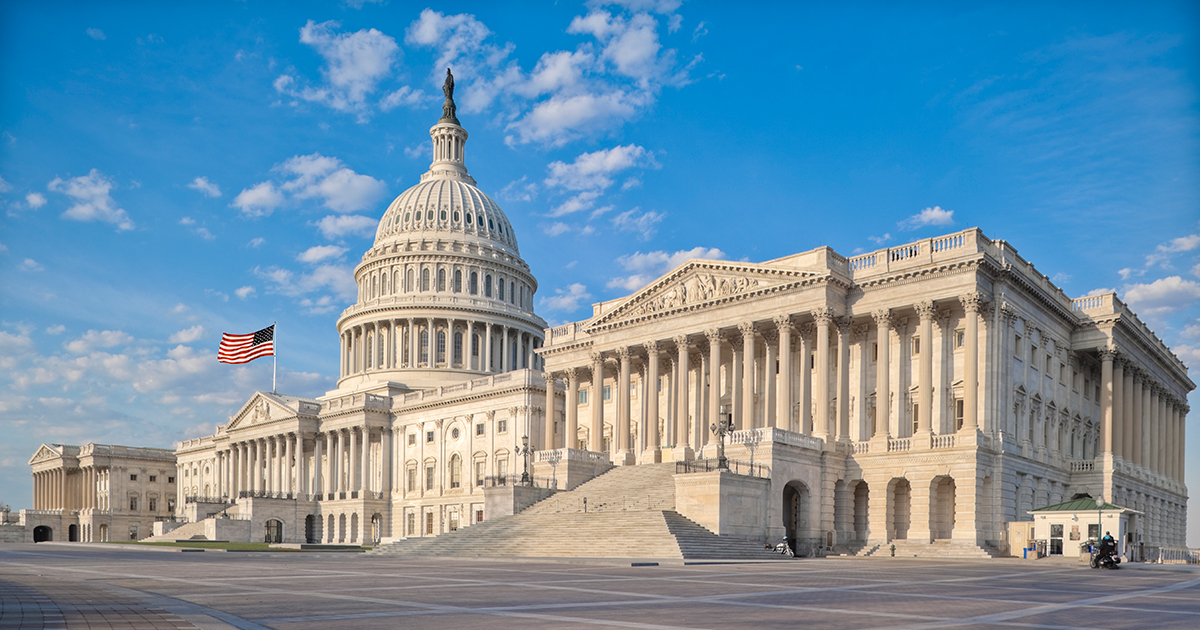Mental Health and Opioids in Health Policy Spotlight
 (c) Dwight Nadig
(c) Dwight Nadig
Current and potential new federal laws requiring parity for mental health and substance use disorder benefits are in the spotlight this week as Congress moves to address the nation’s opioid crisis and regulators have released new guidance and action plans for ensuring compliance.
On Capitol Hill, both the House and Senate are considering a broad range of proposals and strategies for curing the epidemic, and leaders of both chambers hope to have legislation ready for final votes by early summer. Most of the proposals don’t appear to have a direct impact on employer health plans, and plan sponsor groups hope to keep it that way after the Senate HELP Committee on April 24 voted down a measure to give the Department of Labor the ability to impose civil monetary penalties on employers and insurers found to have violated the Mental Health Parity and Addiction Equity Act (MHPAEA). The committee then unanimously passed its sweeping bipartisan measure, the Opioid Crisis Response Act of 2018 (S 2680).
A day earlier, the Departments of Labor, Treasury and Health and Human Services (HHS) released new MHPAEA guidance, including a proposed FAQ Part #39 intended to help employers comply with the MHPEA’s complicated nonquantitative treatment rules and clarify disclosure requirements. The Departments also released self-compliance tool and a model disclosure request form for plan participants. The Labor Department also released a report to Congress, “Pathway to Full Parity,” that outlines its activities around the law, and an overview of its 2017 enforcement efforts and findings.
Some of these documents were required under the 2016 “21st Century Cures Act” (PL 114-255), which instructed regulators to issue more guidance and step up MHPAEA enforcement.
In addition, HHS released a “Mental Health and Substance Use Disorder Parity Action Plan” that details recent and planned actions by HHS and the Departments of Labor and Treasury regarding ongoing implementation the MHPAEA, based in part on written comments from stakeholders and input from a public listening session held in July 2017.
None of the released material requires employers to make any immediate changes to their parity compliance activities, but employers should take a look. And while it’s unclear at this point whether Congress will ultimately pass opioid-related legislation and how it might affect employers, it’s certain that actions by federal regulators, state enforcers, and private litigants should make compliance with the MHPAEA a top priority.
